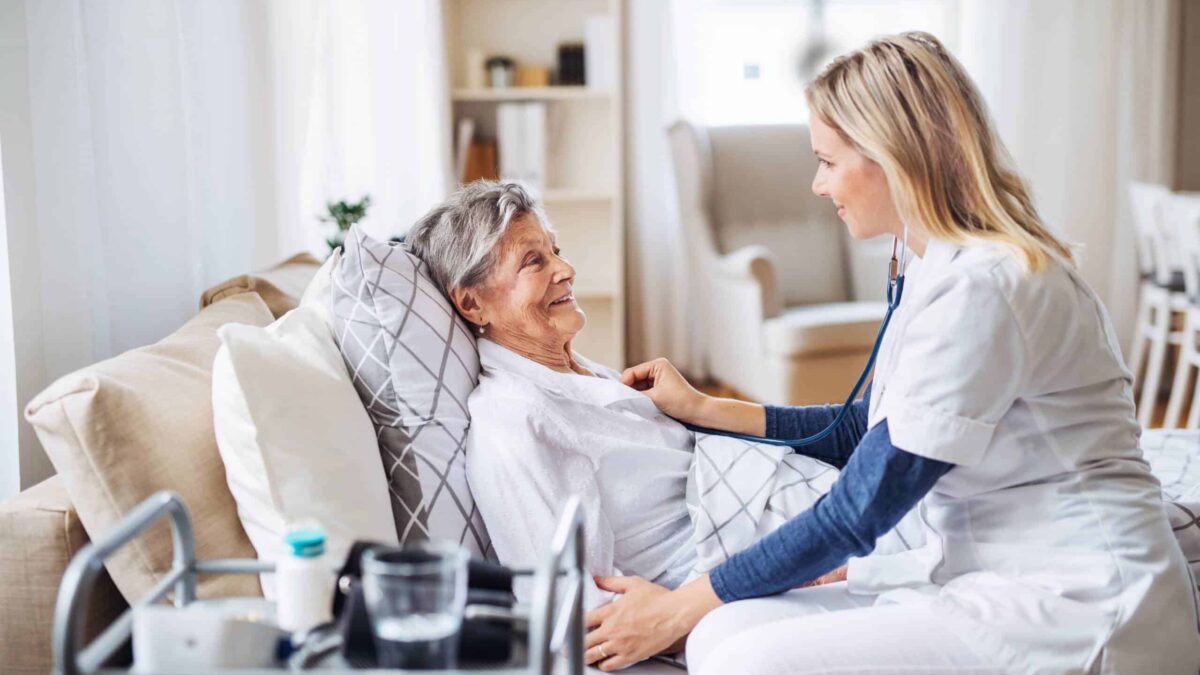
Benefits of Senior In-Home Care
April 30, 2020
7 Bathroom Safety Tips for The Elderly
May 8, 2020Pneumonia is an infection that inflames air sacs in one or both lungs and can range from mild to severe. Pneumonia can be caused by bacteria or viruses. Inflamed air sacs may fill with fluid or pus resulting in breathing problem and low level of oxygen in the blood.
Pneumonia can affect people at any age, but it is more common and can be more serious in seniors who have compromised immune system or medical conditions like asthma, heart disease, or diabetes. Surgery can also expose seniors to pneumonia since their bodies are already working hard to heal.
Symptoms of pneumonia in the elderly:
Symptoms can vary from one senior to the other, if your loved senior experience any of the following, it is important to contact the doctor. Common pneumonia symptoms include:
- Fever
- Chills
- Shortness of breath
- Chest pain
- Suddenly feeling worsening of a cold or the flu
- Loss of appetite
- Runny nose
- Fatigue
- Headache
- Confusion
- Sore throat
Pneumonia Treatment and Prevention:
The doctor will order chest x-ray and blood test to determine if the senior has pneumonia. Mild pneumonia can be cared for at home, but severe cases are treated in the hospital. Bacterial pneumonia is usually treated with antibiotics. If the infection is viral the doctor will prescribe anti-viral medicine. Doctors may also give the patients fluids, oxygen, pain relief, and additional medical support.
Practicing good hygiene and adapting healthy lifestyle can help prevent infections including pneumonia. Doctors may recommend getting the flu vaccine and the pneumococcal pneumonia vaccine to lower seniors’ risk of getting bacterial pneumonia.




